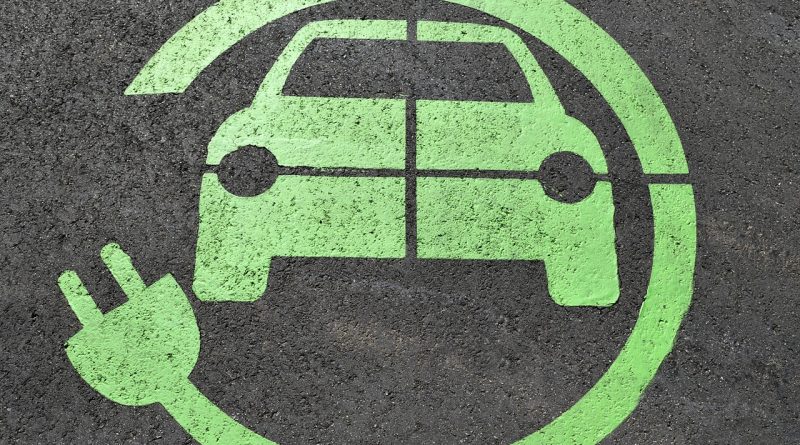Gasoline, Propane, or Electricity: What Is The Best Fuel for Forklifts?
There are three basic types of forklift power available. Although each has its use, many users find a fleet of electric trucks supported by an efficient battery management system provides the most reliable and affordable alternative.
Gasoline Or Diesel
Forklifts that run on gasoline or diesel have a number of disadvantages over those that use other types of fuel. They put out a great deal of exhaust that is not only unpleasant but contains a number of dangerous chemicals that endanger worker health and the environment. The refueling equipment required can be more expensive than the battery management system for electric forklifts and more complicated and dangerous than propane tanks.
The only real advantage is the basic internal combustion engine is reliable and long-lived so these vehicles stay in service longer than other types. This comes with a cost of more maintenance and higher fuel expenses, so often isn’t worth it. They are used less often than other types, typically in rough outdoor locations such as construction sites.
Propane
Liquid propane forklifts put out cleaner emissions than gasoline or diesel, although they still put out enough dangerous combustion byproducts to make them poor choices for indoor use. They are often refueled by simply swapping out a full propane tank — but then the empty tanks must be taken offsite to be refilled. Few users have the kind of large, permanent facility that makes it cost effective to offer propane tank refills onsite.
One advantage they have over electric vehicles is they can be used in the rain or snow without risk of shorting out. However operation of machinery in inclement weather is dangerous and many companies rightfully refuse to use outdoor forklifts during precipitation anyhow. For most users, propane powered engines do not provide all they need from the machinery.
Electric
The choice for a growing number of users is the battery-operated forklift. These vehicles produce no emissions to endanger workers and with proper use of battery management systems they are safer than other fuel types. When batteries run low they can be quickly swapped out as with tanks on propane vehicles, and the empty batteries can be refueled onsite like diesel or gasoline engines. They are much quieter than other choices, another optimal characteristic for indoor use. Electric is almost always the fuel of choice for indoor forklifts, and they can be used outdoors in good weather.
It seems clear that for most applications, electric forklifts provide the features facilities need in their vehicles. Battery management systems ensure the vehicles are always ready for action with little or no downtime for refueling. They also allow workers to handle and transport the heavy batteries safely, and to recharge them onsite. Propane, gasoline and diesel vehicles have their place but electric vehicles are quickly taking over as the best choice.


